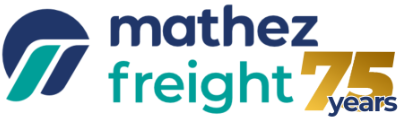All EU countries apply the same import/export rules, some more strictly than others. However, it is important to be aware that some countries, such as France, have specific national customs regulations – the ” French touch ” as described by an expert in the international transport market.
France and the export of “dual-use goods
Export is generally favoured by institutions in France. With one exception: so-called “dual use goods“, which can be used for both civilian and military purposes. Kevlar wiring, for example, or valves that could be used in a nuclear power plant in Iran.
Their export is not prohibited, but regulated by the Community Export Control Regime. And French customs are very vigilant about the risks associated with the export of these critical technologies. The customs officer is liable if his vigilance is not up to standard. What should you do if you have to ship this type of product from France to a country at war or under embargo, or even to a neighbouring country in a crisis zone?
Once you have verified that your products are eligible, you will need to check the requirements for obtaining an export permit, and determine the tariff nomenclature for customs operations.
If you are a producer of “dual-use” goods, MATHEZ FREIGHT can help you to set up solid and durable solutions for export.
Import and European compliance
For certain products, any producer or importer targeting the French market or the European market through France must provide French customs with a European certificate of conformity and the results of laboratory tests. Each of the products must also have the specific “EC” marking. Electrical products, toys and safety equipment are the main products affected by this legislation.
To introduce your products to the French and European markets, you need an official European importer, or ” Importer Of Record”. Importer Of Record “(IOR). Your ” Importer of Record ” must be registered in all European countries where you want to do business.
MATHEZ FREIGHT helps you to find your“Importer Of Record” through its specialized company EASYTAX.
Counterfeit & illicit products: the importer alone responsible
The importer of a counterfeit product is liable to the customs authorities. He can turn against the seller outside Europe, but in the meantime, the customs consider that it is him, the importer, who has made a mistake. The same rule applies to illicit products: the importer bears all the responsibility.
French customs are adamant about counterfeit goods. Not only do they represent a loss of income for all the links in the value chain, in particular for the luxury industry, but copies are also dangerous. Indeed, the majority of counterfeit products do not meet European standards.
E-commerce & customs controls
E-commerce allows more products to cross borders with fewer controls. Indeed, distribution channels are reduced, large flows make small units transit with increased frequency, making the work of customs officers considerably more complex. Some imported products, particularly via European posts, escape controls. With e-commerce, it becomes more difficult to capture counterfeits. Sellers can more easily escape entry fees, quality controls (labelling) and the requirement to have an IOR. The solution would be legislation adapted to these new realities, but the European Union is slow to legislate on this new trade.
MATHEZ FREIGHT is clearly positioned in favour of e-commerce – being an IOR for a large BtoB manufacturer represents an interesting business opportunity. Nevertheless, when we are contacted by a non-EU producer to import into France, we always find out about him – reputation, size of the company, history – because in case of a problem, we are in the front line. Our customer is king, but not if he imports anything!
Specificities of the transport market
The organisation of the French and European transport market presents some specificities for Asian, African or American agents:
- 80% of air freight in Europe is also transported by truck to or from an airport.
- The security measures are very strict in the air: 100% of the cargo is controlled (X-ray, cino-technical brigades or other adequate means).
- Visit our FAQs air freight and sea freight to find out more about France’s main ports and airports, combined transport, empty container returns, …



